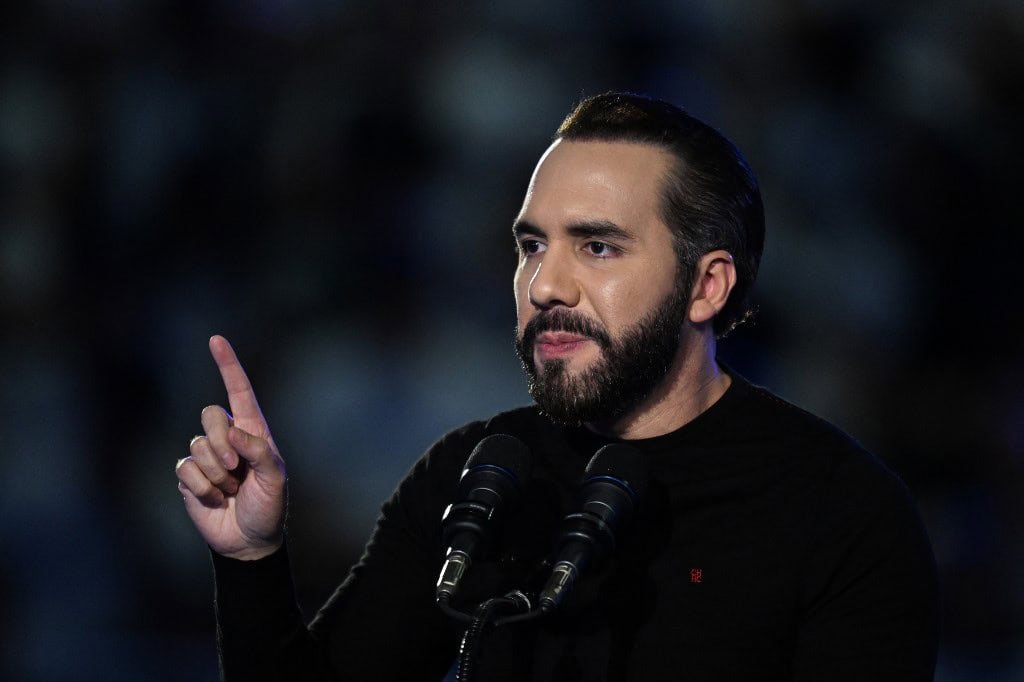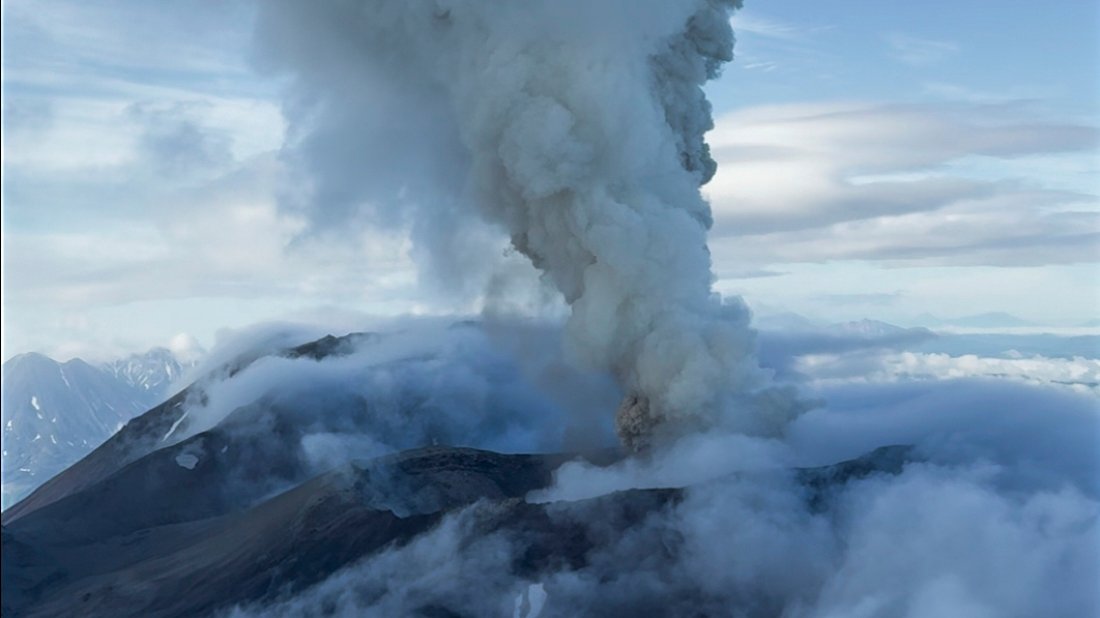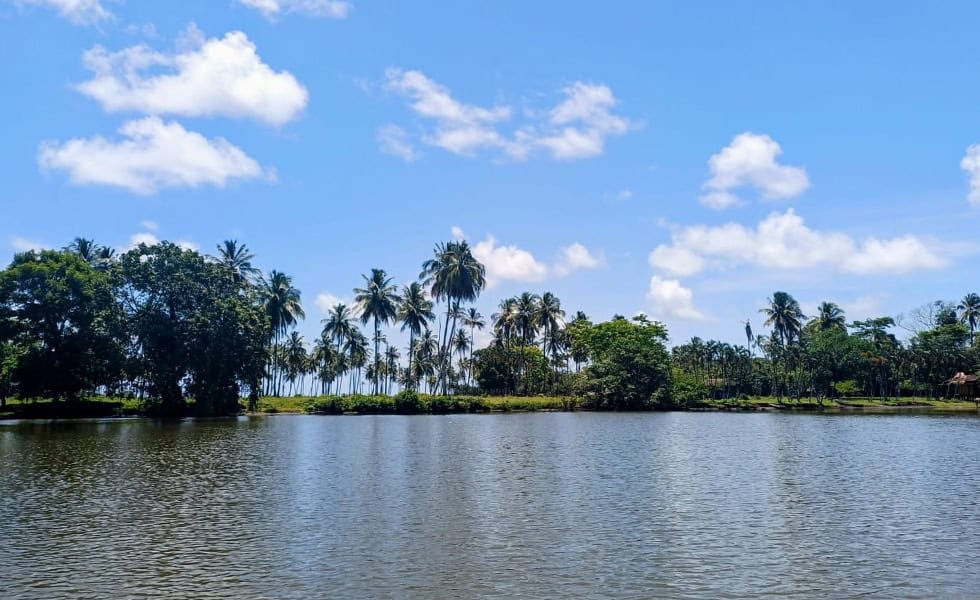Salvadoran President Nayib Bukele rejected on Sunday the notion that the approval of indefinite presidential re-election in El Salvador marks “the end of democracy,” arguing that the criticism stems from the fact that the decision was made by a “small and poor” country.
In a fast-track process, the Congress, dominated by Bukele’s party, approved on Thursday a constitutional reform allowing indefinite re-election, extending the presidential term from five to six years, and eliminating runoff elections.
Responding for the first time to a wave of criticism from international human rights organizations, Bukele posted on X that “90% of developed countries allow the indefinite re-election of their head of government, and nobody cares.”
“But when a small and poor country like El Salvador tries to do the same, suddenly it’s the end of democracy,” said the 44-year-old president, who came to power in 2019 and was re-elected in 2024 with 85% of the vote, giving him near-total control over all branches of government.
90% of developed countries allow the indefinite reelection of their head of government, and no one bats an eye. But when a small, poor country like El Salvador tries to do the same, suddenly it’s the end of democracy.
Of course, they’ll rush to point out that “a parliamentary…
— Nayib Bukele (@nayibbukele) August 3, 2025
“Of course, they will rush to point out that ‘a parliamentary system is not the same as a presidential one,’ as if that technicality justifies the double standard. But let’s be honest, that’s just an excuse,” Bukele added in a message written in English.
According to Bukele, if El Salvador declared itself a parliamentary monarchy “with exactly the same rules as the United Kingdom, Spain, or Denmark,” the criticism would continue.
“Because the problem is not the system but the fact that a poor country dares to act like a sovereign nation. You’re not supposed to do what they do. You’re supposed to do what they tell you. And you’re expected to stay in your lane,” he added.
Organizations such as Amnesty International, Human Rights Watch (HRW), and the Washington Office on Latin America (WOLA) called the decision a “mortal blow” to democracy and a “manipulation” of the Constitution to favor Bukele’s power ambitions.
On Sunday, Bukele also reshared an old video in which he stated that he does not care about being called a “dictator.” He continues to enjoy broad popularity for his “war” on gangs, launched in 2022, which has reduced violence in the Central American country to historic lows.
However, human rights groups criticize his security policy, which is based on a state of emergency allowing mass arrests without warrants and restricting civil liberties.
The constitutional reform was approved amid a wave of arrests of human rights defenders and government critics, forcing dozens of journalists and humanitarian activists into exile.




